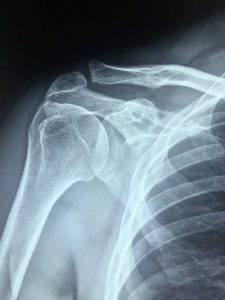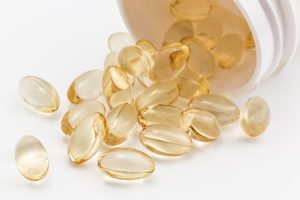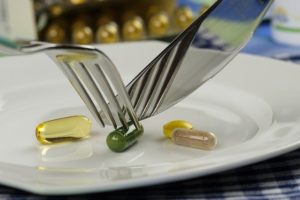The pain relieving specialist gives a hint: An alternative approach for stomach problems and stomach ulcers. But also for coughs, hoarseness and sore throats.
Some people have to struggle with stomach problems every now and then, or have been doing so for a long time, right? An alternative approach that can provide relief is liquorice root. (Glycyrrhiza Glabra). This perennial plant originally comes from the Mediterranean region. After about three years, the roots are dug up and used, for example, to make tea or liquorice juice. In earlier times, the plant was also used for oral care or against the feeling of thirst.
The roots contain a mixture of various nutrients and vital substances. The liquorice flavour comes from the component Glycyrrhizin. Glabridin, which is also contained in the plant, has been shown in studies to have a protective effect on the brain of animals. The root has an anti-inflammatory effect. Especially the use for stomach and duodenal ulcers has been known since ancient times.
Glycyrrhizin promotes the formation of mucus, which better protects the gastrointestinal walls. It has also been observed that it prolongs the life of stomach cells and has an antibacterial effect against the germ “Heliobacter Pylori”. In the respiratory tract, the expectorant effect is increased. Coughing up is made easier. Antibacterial properties especially against “Pseudomonas Aeruginosa” (respiratory germs) were also observed.Liquorice in toothpaste should be familiar, right?
It also makes sense, as the growth of “Streptocossus Mutans” (caries pathogen) is inhibited. In TCM, liquorice root is used as a harmoniser, usually in combination with other ingredients. (It is used here, for example, for loss of appetite, stomach burns, exhaustion, hoarseness and for “moistening” the lungs).
Oh, and liquorice snacks from the supermarket… they don’t work. ![]()
Recipe: 10g liquorice root + 1/2 litre water – simmer for 15 min. Drink one or two cups daily, morning and evening.
Note: Licorice can reduce sodium excretion and increase potassium excretion when used continuously. This can lead to an increase in blood pressure with long-term use. So be careful when taking heart medication or diuretics at the same time. In chronic liver inflammation and severe renal insufficiency. And also not during pregnancy.
As I said, this concerns long-term and permanent use.
Many success on your path.
See you next time. Stay strong.
Matti













